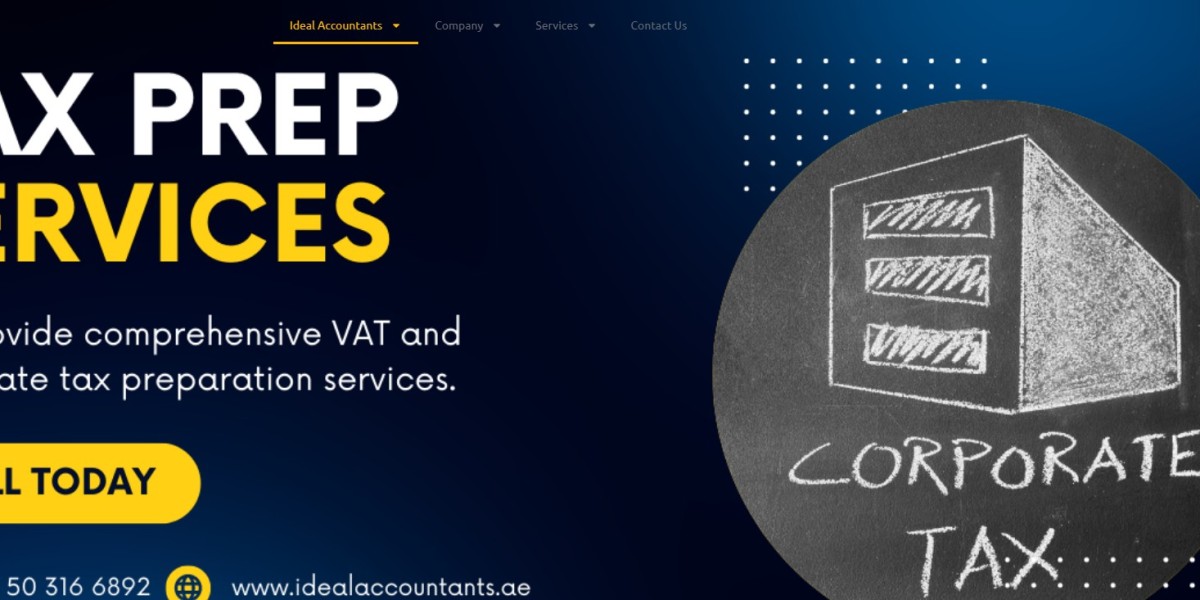Understanding Corporate Tax in UAE:
In the UAE, corporate tax is a direct tax imposed on the profits of incorporated businesses. Unlike many other countries, the UAE offers a flat corporate tax system, characterized by its simplicity and transparency. The flat corporate tax rate is set at 9%, making it one of the lowest in the region and contributing to the UAE's reputation as a business-friendly nation.
UAE's Path to Business-Friendly Taxation:
The UAE's journey towards becoming a corporate tax haven has been intentional and strategic. The government's efforts to foster an environment conducive to business growth have yielded positive results. In recent years, the UAE has taken steps to enhance its corporate tax system, including:
Reduced Tax Burden: By offering a competitive corporate tax rate of 9%, the UAE aims to attract both domestic and foreign investment. This reduced tax burden creates an environment that encourages businesses to thrive.
Simplified Tax Laws: The UAE's commitment to simplifying tax laws and eliminating certain taxes has contributed to making compliance more straightforward for businesses operating within its borders.
Infrastructure Investment: Recognizing that a robust infrastructure is essential for business growth, the UAE has continually invested in modern facilities, transportation networks, and technological advancements.
Impact on Business Landscape:
The UAE's approach to corporate tax has had a significant impact on its business landscape:
Foreign Investment: The low corporate tax rate acts as a magnet for foreign investment. Businesses seeking to expand their operations or establish a presence in the UAE are drawn by the prospect of reduced tax liabilities.
Business Growth: The business-friendly tax regime fosters a conducive environment for business growth and expansion. This, in turn, contributes to job creation and economic development.
Global Competitiveness: The UAE's commitment to creating an attractive business climate has positioned it as a competitive player on the global stage. Businesses can leverage the advantages offered by the UAE's tax policies to enhance their market presence.
Challenges and the Road Ahead:
While the UAE's corporate tax system has garnered praise, challenges exist. The complexity of the tax structure, potential loopholes, and concerns about fairness have led to calls for reforms. The ongoing efforts to revise tax laws and streamline the system demonstrate the UAE's dedication to continuous improvement.
Embracing the UAE's Corporate Tax Advantage:
The UAE's corporate tax regime is a testament to its commitment to fostering economic growth, attracting investment, and providing businesses with a conducive environment to thrive. As businesses continue to navigate the complexities of the global economy, the UAE's competitive tax policies offer a strategic advantage. my company impsource
In conclusion, the UAE's corporate tax system is a cornerstone of its success as a business destination. The balance between a low tax rate, simplified regulations, and strategic investments in infrastructure positions the UAE as a beacon of opportunity. Businesses operating within the UAE can leverage this favorable tax regime to fuel their growth and contribute to the nation's economic prosperity.







